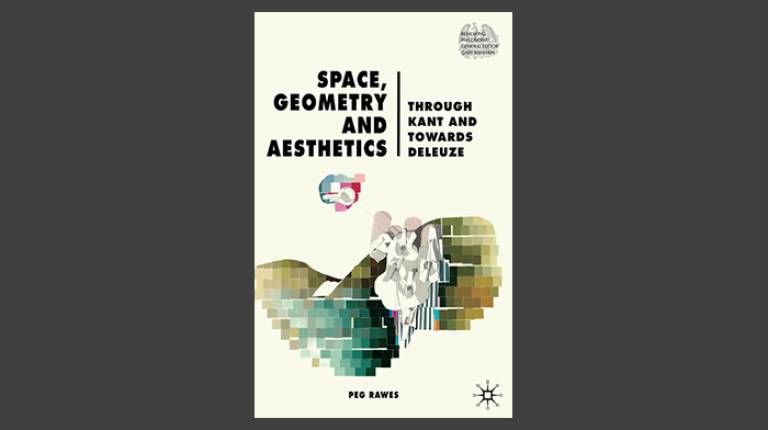
Overview
Peg Rawes examines a 'minor tradition' of aesthetic geometries in ontological philosophy. Developed from a post-Kantian theory of aesthetic subjectivity she explores a trajectory of geometric thinking and geometric figurations – reflective subjects, folds, passages, plenums, envelopes and horizons – in ancient Greek, post-Cartesian and 20th-century Continental philosophies, through which productive understandings of space and embodied subjectivities are constructed.
Six chapters explore the construction of these aesthetic figurations in a series of 'geometric' texts by Kant, Plato, Proclus, Spinoza, Leibniz, Bergson, Husserl and Deleuze. In each, geometry is expressed as a uniquely embodied aesthetic activity because each respective geometric method and figure is imbued with aesthetic sensibility and geometric sense (rather than as disembodied scientific methods). An ontology of aesthetic geometric figurations is therefore traced from Kant's Critical writings, back to Plato and Proclus Greek philosophy, Spinoza and Leibniz's post-Cartesian philosophies, and forwards to Bergson's 'duration' and Husserl's 'horizons', and towards Deleuze's philosophy of sense.
People
Peg Rawes
View Peg's profile
Send Peg an email
 Close
Close

